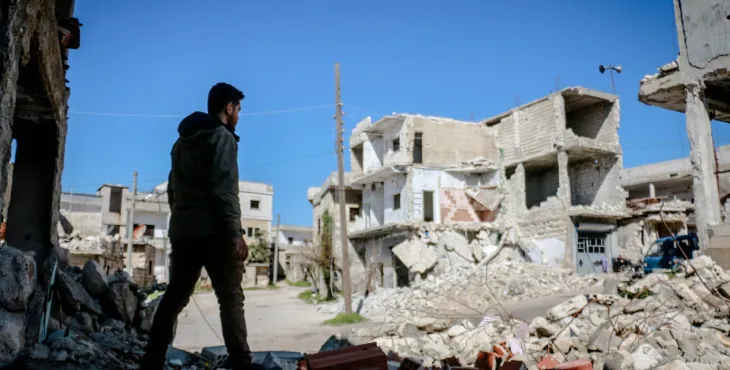
Earthquakes in Turkey and Syria a breeding ground for fraudsters!
On 6th February 2023, the world was hit by the sad news of a powerful earthquake on the border between Turkey and Syria. The disaster resulted in the loss of countless lives, and the destruction of homes and infrastructure has left the affected communities in need of assistance. While the world comes together to offer aid and support, it is unfortunate that there are those who seek to exploit the tragedy for their own personal gain.
In this article, I will discuss the various earthquake scams that have emerged and how you can avoid falling victim to them.
Brief overview of the earthquakes in Syria and Turkey in February 2023

The 2023 Turkey and Syria earthquake occurred on 6th February 2023, at 4:17 am local time. The epicenter of the earthquake was located 33km from the Gaziantep, and had a magnitude of 7.8 on the Richter scale. Strong tremors also hit north-western Syria.
The earthquake was one of the most devastating natural disasters to occur in Turkey in recent years. It is estimated that the earthquake caused the deaths of over 53,000 people and injured more than 129,000. In addition, the earthquake caused widespread damage to homes, buildings, and infrastructure, with many people left homeless and without access to basic necessities.
What scams are we up against?
One of the most common types of scams after a disaster is the fake charity or donation scam. Scammers set up fake charities or pose as legitimate ones to solicit donations. Before donating, always research the charity or organization to ensure it's legitimate. Look for established charities like the Red Cross or Unicef, and avoid donating to organizations that you've never heard of before.
Another scam to be aware of is home repair and renovation scams. After an earthquake, many homes and buildings will need repairs, and scammers will take advantage of this. They might approach homeowners offering repair services at a lower price than other contractors or ask for payment upfront and then never complete the work.
To avoid falling victim to this scam, always research contractors and get multiple quotes before hiring someone. Don't pay for the work upfront, and be wary of anyone who tries to pressure you into making a decision quickly.
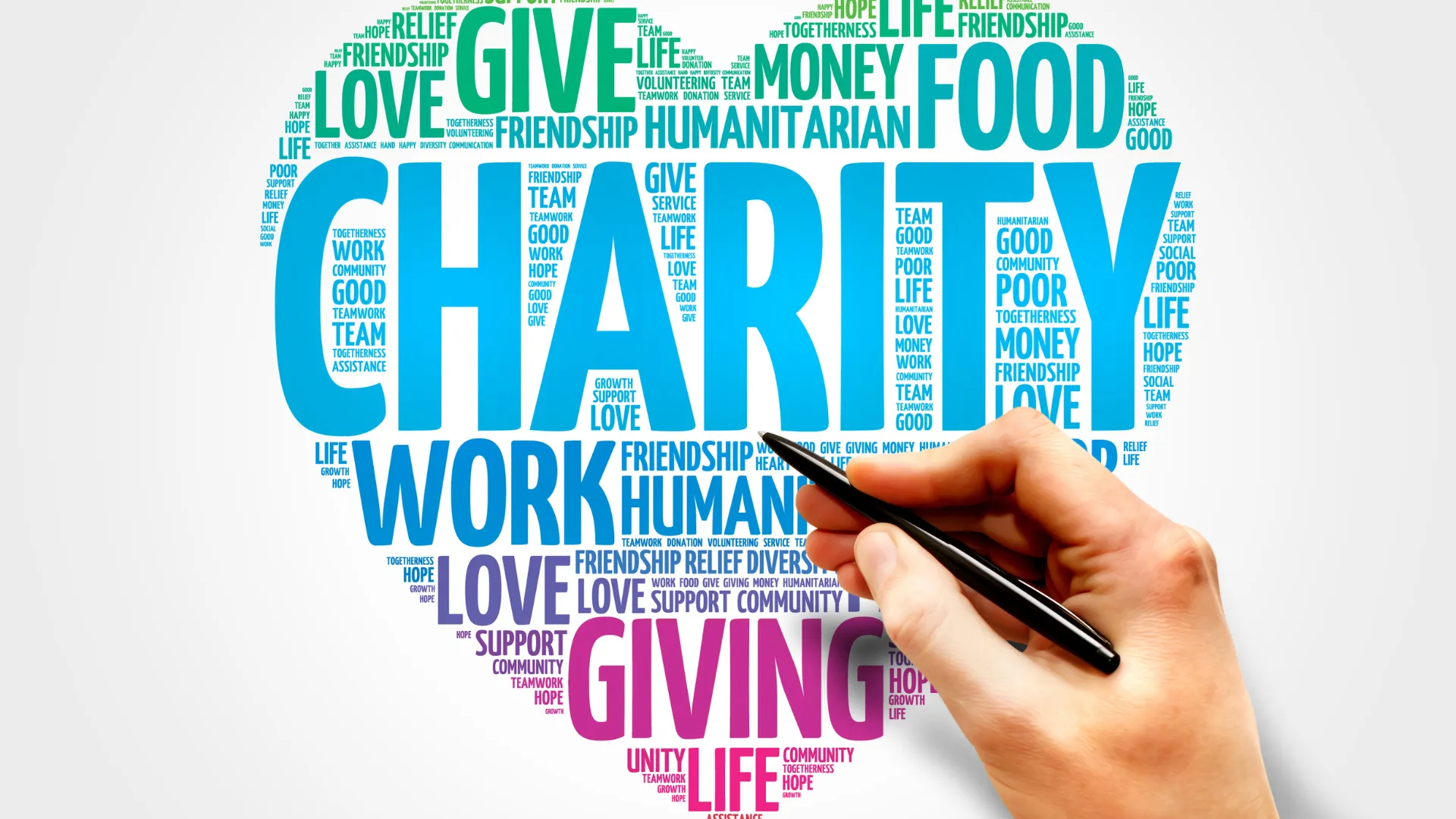
Insurance scams are another common type of fraud after disasters. Scammers might pose as insurance agents, offering to help file a claim or providing false information about coverage. Before signing up for any insurance policies, read and understand the terms and conditions. Be wary of anyone who offers coverage that seems too good to be true or asks for payment before providing services.
Price gouging and fraud are also potential issues after disasters. Scammers might inflate the price of goods and services, such as food, water, and fuel, or sell fake products. To avoid falling victim to this scam, be aware of normal prices for goods and services, and report any suspicious price hikes or fraud.
How are fraudsters trying to profit from the earthquake in Turkey and Syria?
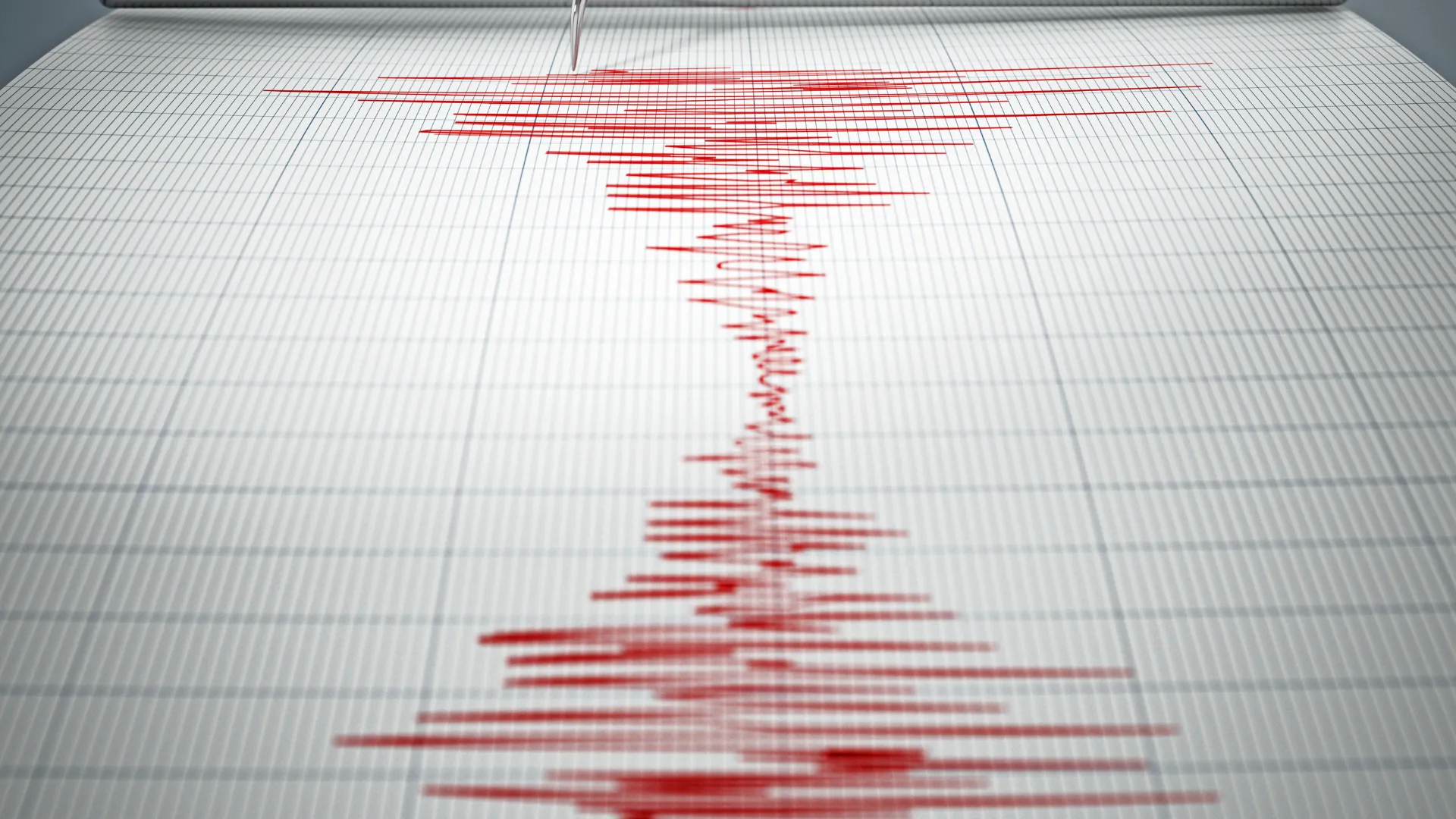
In the age of social media, access to potential victims is faster than ever. Unaware of the potential threat, people have opened their hearts and wallets. A series of videos appeared on Tik Tok with pictures from the scene of the tragedy, appealing for help and directing people to websites where donations can be made via bank transfer or Paypal.
On Twitter, pictures appeared with a redirection to cryptocurrency wallet payments.
Some of the photos and videos are not real, or were taken for the purpose of a scam or are about another tragedy.
How to protect yourself from scams
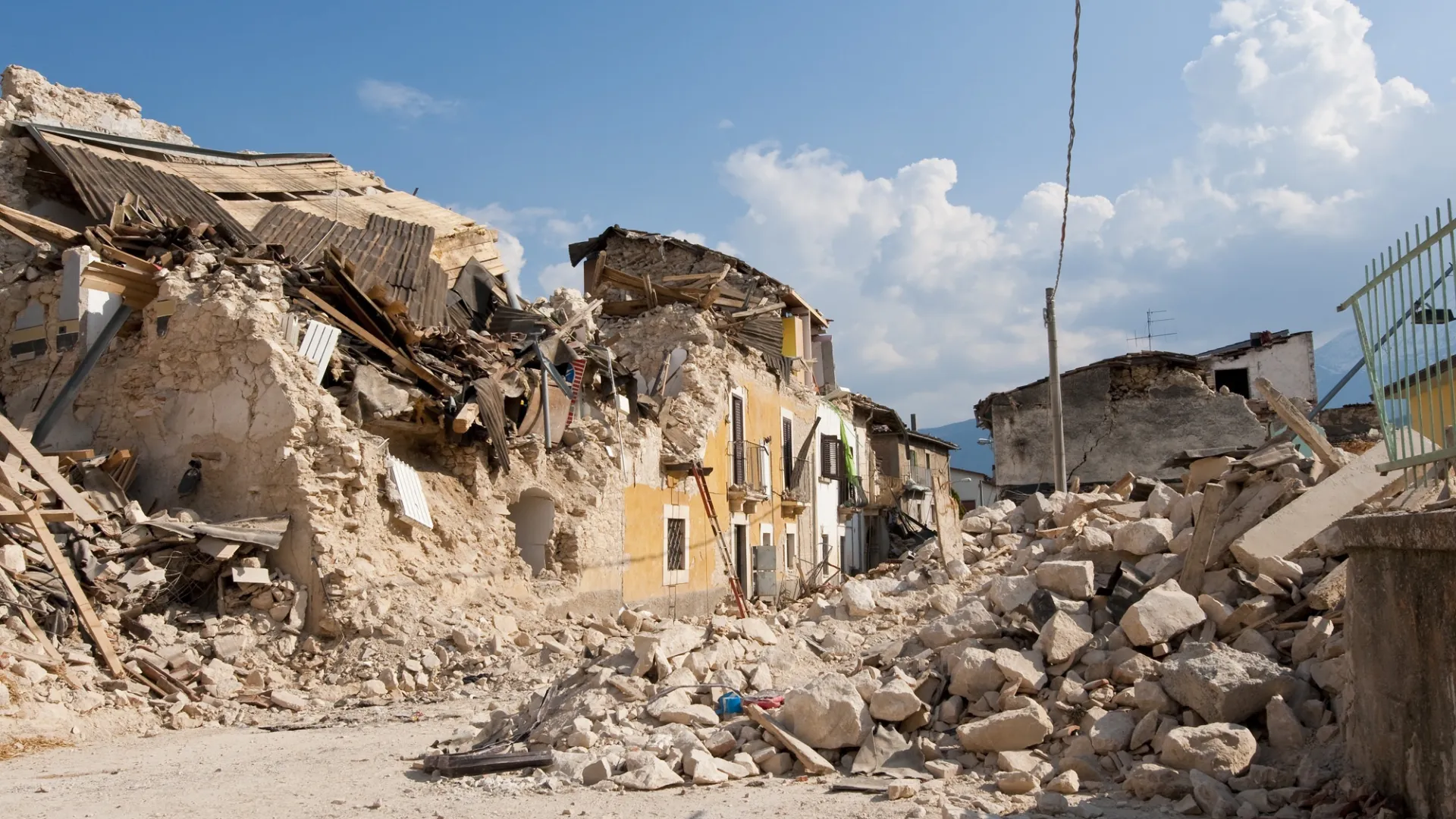
One of the key ways to protect yourself is to verify the legitimacy of the humanitarian organizations you plan to donate to. Many scammers create fake charities to take advantage of people's generosity. Therefore, it is important to do your research and ensure that the organization you donate to is legitimate. You can do this by checking their website, reading reviews from other donors, and looking for information about their past humanitarian efforts. If a charity is registered in the UK you can check it HERE.
Another way to protect yourself is to avoid making payments upfront for repair or renovation work. Scammers may offer to do repair work on damaged buildings or offer to sell you essential supplies, but then disappear once they have received payment. Therefore, it is important to only make payments once the work has been completed to your satisfaction.
It is also important to read and understand insurance policies before signing up. Some scammers may try to sell you fake insurance policies that offer no real protection in the event of an earthquake. Therefore, it is important to read the policy carefully and ask questions if there is anything that you do not understand.

Be aware of normal prices for goods and services and report any suspicious price hikes or fraud. Scammers may try to take advantage of the situation by charging inflated prices for essential supplies or services. Therefore, it is important to be aware of the normal prices for these items and to report any suspicious price hikes to the relevant authorities.
Additionally, if you are participating in search and rescue efforts, make sure to only use legitimate search and rescue teams. Scammers may create fake teams that take advantage of the chaos and confusion that follows an earthquake. Therefore, it is important to verify the legitimacy of any team that you plan to work with.
Finally, be wary of emails or messages asking you to donate money or to ban accounts, including your own PayPal accounts. These messages may be phishing attempts that are designed to steal your personal information or your money. Therefore, it is important to only donate to legitimate organizations and to be careful with your personal information.
You can read more about the techniques of fraudsters preying on human tragedy in this article.
Conclusion
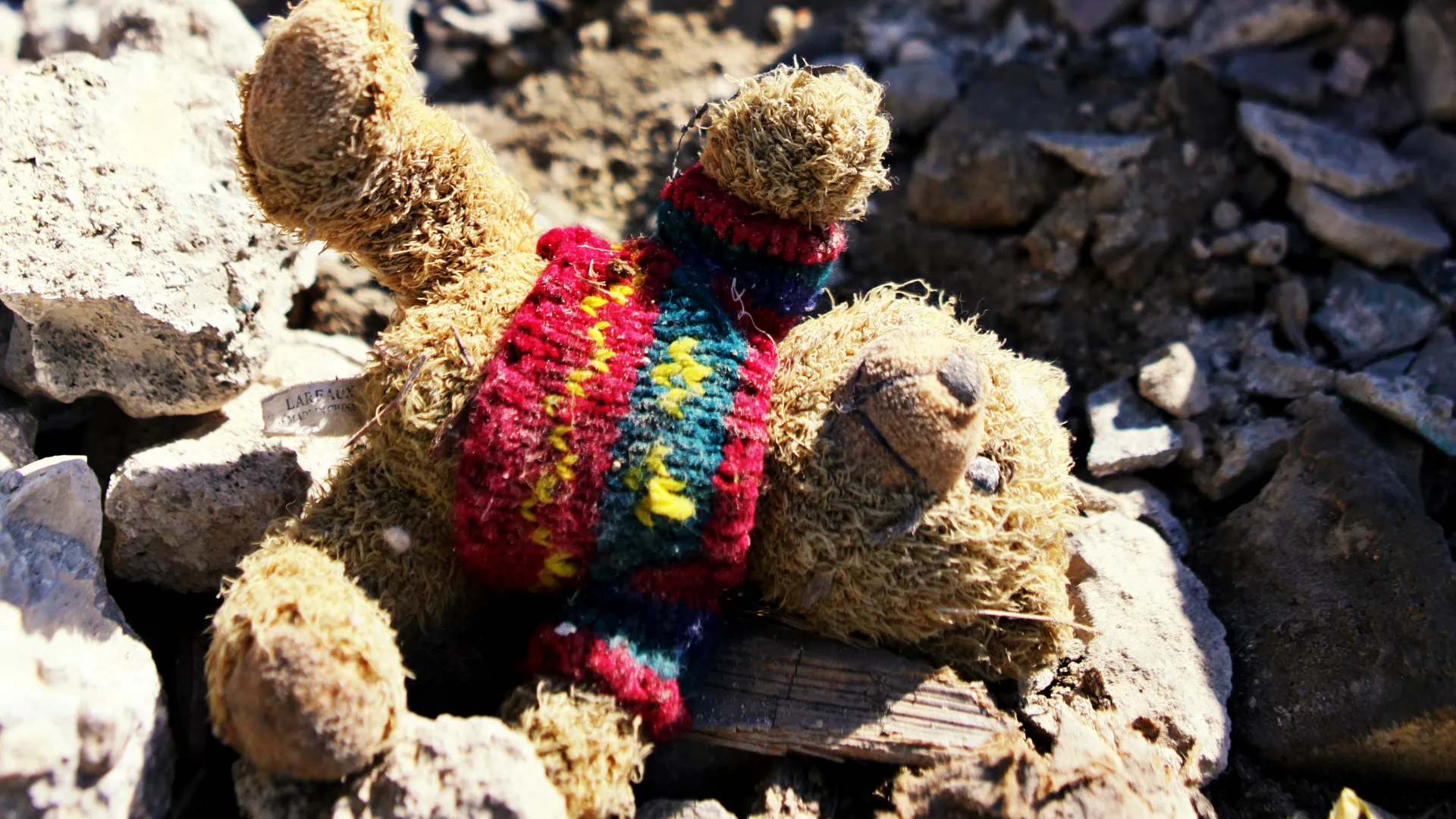
The recent earthquakes in Syria and Turkey have caused widespread devastation, with collapsed buildings and countless lives lost. However, amidst the efforts of humanitarian organizations and international aid efforts, there have been instances of scammers misleading community members and taking advantage of those already in vulnerable situations.
It is important for individuals and organizations to remain vigilant and take steps to protect themselves from scams, while also working together to provide much-needed aid and support to those affected by these natural disasters. By doing so, we can help to alleviate the suffering of those impacted by the earthquakes and pave the way towards a brighter, more resilient future. Remember, if you have been the victim of a scam report it to Action Fraud.